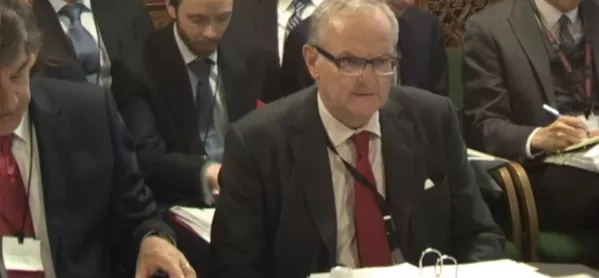The Department for Education has today announced that it has abandoned plans to regulate all out-of-school education, including Sunday schools and other religious settings, following a backlash from faith groups.
Results of a three-month consultation into the proposed regulation, which began in November 2015, have only just been published. They show that many of the 18,000 responses were from members of faith groups stating concerns “around the effect that the proposed regulation would have on out-of-school settings being able to exercise religious and other freedoms”.
Instead, the DfE has now said £3 million will be available for selected areas of the country to support the joint working of local authorities, the police, Ofsted and other agencies in tackling a minority of out-of-school education settings.
While the vast majority of out-of-school education providers, including cubs, scouts and sports clubs, offer “excellent provison,” the DfE says it is seeking tough regulations for those which seek to “undermine British values or expose children to harmful practices.”
Minister for school systems Lord Agnew said: “It is right that we should build on the high standards we’ve set in our schools so that every child receives a suitable and safe education - no matter where they are being taught - and that we can act quickly in the rare instances when this is not the case.”
‘Concerns about children’s welfare’
A DfE report states: “This will enable us to share and spread best practice across the country on how existing legal powers (including, for example, health and safety, premises regulations, and general safeguarding provisions) can be best utilised alongside community engagement and outreach to intervene where there are concerns about the welfare of children.”
The report reveals that “the lack of specific regulation for out-of-school settings means there are concerns that children attending them may be more vulnerable to the risk of extremism and exposure to other forms of harmful practice.”
But it also reveals that, following a three-month consultation or “call-for-evidence” which ended in January 2016, the DfE has abandoned plans to impose new regulations on all out-of-school education providers.
More than 18,000 responses were gathered in the consultation on proposals which included plans for a new body with the powers to inspect and close down premises and bar individuals from working with children.
The report states: “We want to ensure any future system of regulation that we may introduce appropriately targets the small minority of settings which may be exposing children to harmful practices, without causing undue burdens on the sector as a whole.”
A consultation on a voluntary code of practice for out-of-school settings will be published later this year to set out what is expected of providers.
Want to keep up with the latest education news and opinion? Follow Tes on Twitter and like Tes on Facebook




